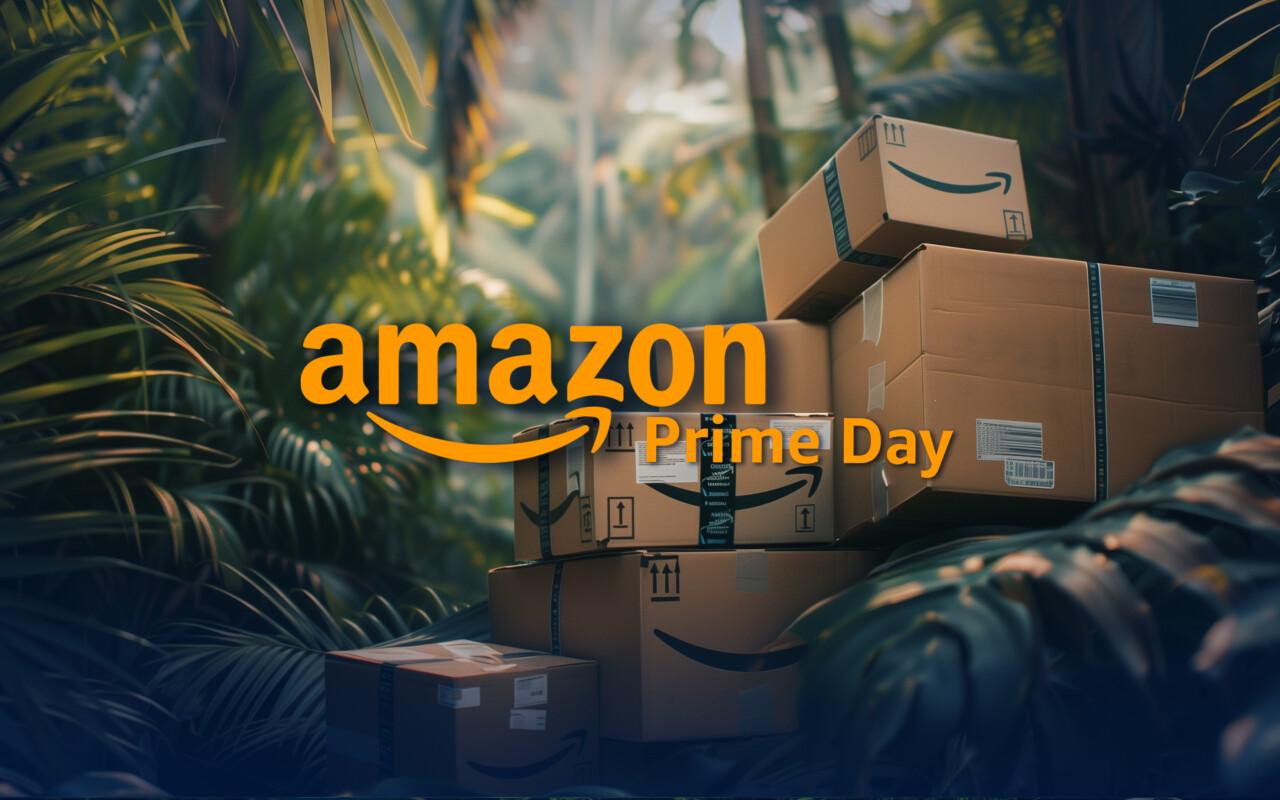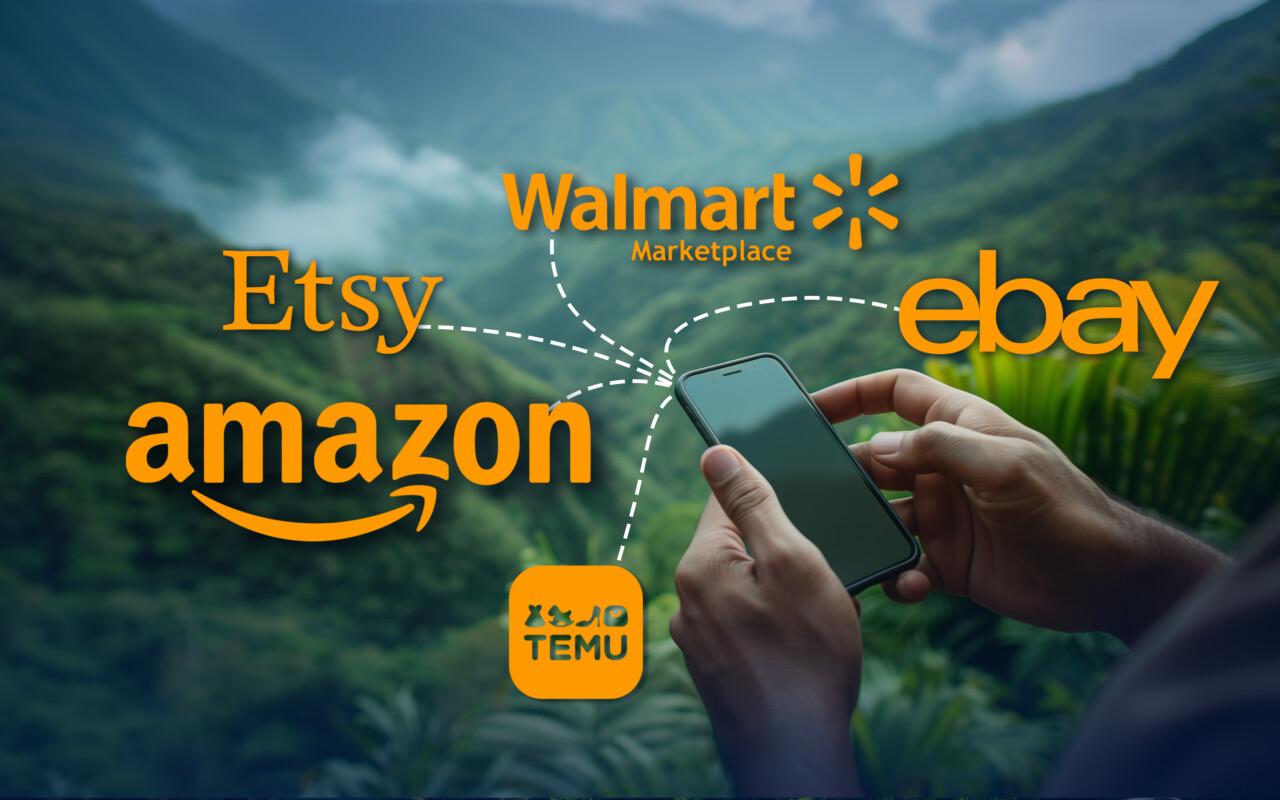Before you can start selling on Amazon, you need to choose a sales model. This is not a decision to be taken lightly, as the sales model will have a significant impact on many aspects of the business, such as cost structure, logistics chain and human resources.
The sales model can also affect the popularity and sales success of your products on Amazon. In this blog post, we will go through the sales models offered by Amazon and why we almost always recommend the Fulfillment by Amazon sales model, or FBA, to our customers.
There are three different sales models offered by Amazon: FBM, MCF and FBA, differing in the scope of the service and the price:
- FBM (Fullfillment by Merchant). FBM is the most independent model of all, where you manage the storage, shipping, returns and customer service of your products yourself. So Amazon doesn’t do things for you, it just acts as a platform to sell your products.
- MCF (Multi-Channel Fulfillment). In this model, you sell your products on your own online store, but Amazon handles the storage and delivery of your products on your behalf.
- FBA (Fulfillment by Amazon). In the FBA model, Amazon takes care of almost everything: stocking, shipping and returns. As a seller, you save time and can focus on the more important things in your business.
In Europe, Amazon has different FBA sales models, one of which is the European Fulfillment Network (EFN). It allows you to expand your market reach to more Amazon markets in Europe, even if your products are physically stored in only one country.
Benefits of FBA: Why choose Amazon’s FBA-model?
The main benefit of the FBA model is that it saves you time and allows you to use your company’s valuable human resources for tasks such as sales growth, marketing or product development instead of routine tasks.
The FBA sales model also offers many other benefits:
- Access to Amazon’s extensive logistics network, one of the largest and most efficient in the world. It is almost impossible for a single brand to have access to a similar logistics network without the FBA model.
- You can outsource warehousing, delivery and returns, so you don’t necessarily need your own warehouse space to store products and process returns.
- You get Prime labeling for your products, so Amazon Prime customers get free delivery on your product within two days. The Prime label is a sign of fast delivery and reliability, and may encourage customers to choose your product.
As a general rule, we always recommend FBA to our customers because of the benefits listed above. Amazon’s algorithm also favours sellers who use the FBA model, making your products more likely to appear at the top of search results.
What does FBA cost and how do the costs add up?
As the FBA model offers a lot to its users, it also comes at a price. The price structure is not straightforward either: the total amount is made up of handling and delivery costs, storage costs and the sales commission charged by Amazon, among other things.
Delivery charges can vary significantly depending on the physical size and weight of the product. Storage costs are also product-specific and may also vary from season to season.
Amazon’s warehouses are efficiently designed and automated, but space is limited; therefore, additional costs may be incurred for long-term storage of products. In particular, storage costs may be higher than usual during peak sales periods, such as holidays.
In addition, Amazon charges a percentage commission whenever a product is sold through the Amazon platform. Regardless of the costs, the FBA sales model is still a sensible and cost-effective choice for most sellers.
Find out more about FBA fees on Amazon’s own website: Fulfillment by Amazon
What kind of business is the FBA sales model suitable for?
We recommend the FBA sales model as a starting point for all our customers who are considering starting an Amazon business. Another option is to sell part of your products with the FBA model and part with the FBM model, so you don’t have to choose just one sales model. This solution may be suitable for companies that already have an established logistics chain.
FBA is particularly suitable for you if
- you sell small and light products, as this reduces delivery and storage costs and makes your sales more profitable (larger products are not an obstacle to FBA, however)
- you do not have your own storage space for your products or it is not profitable to acquire storage space
- you want your products to qualify for the Prime label and the benefits it brings
- you want access to Amazon’s extensive and efficient logistics network.
- you want to spend time on more business-critical tasks than storing, shipping and returning products.
FBA may not be right for your business if
- you sell very large or heavy products
- you have your own warehouse and the capacity to handle and ship products
- you use a third-party delivery service
- you want to handle all logistics related to your online business yourself.


